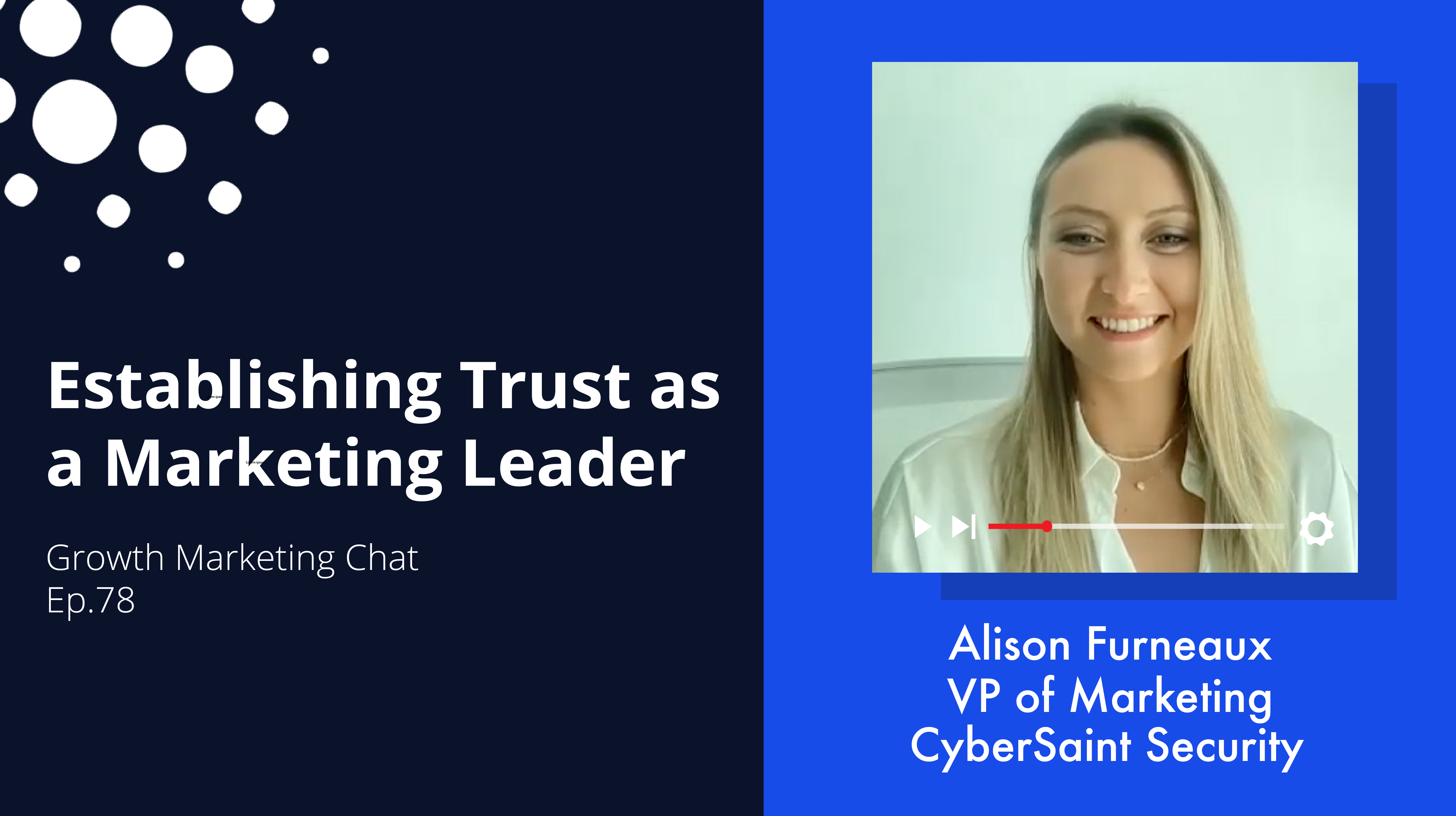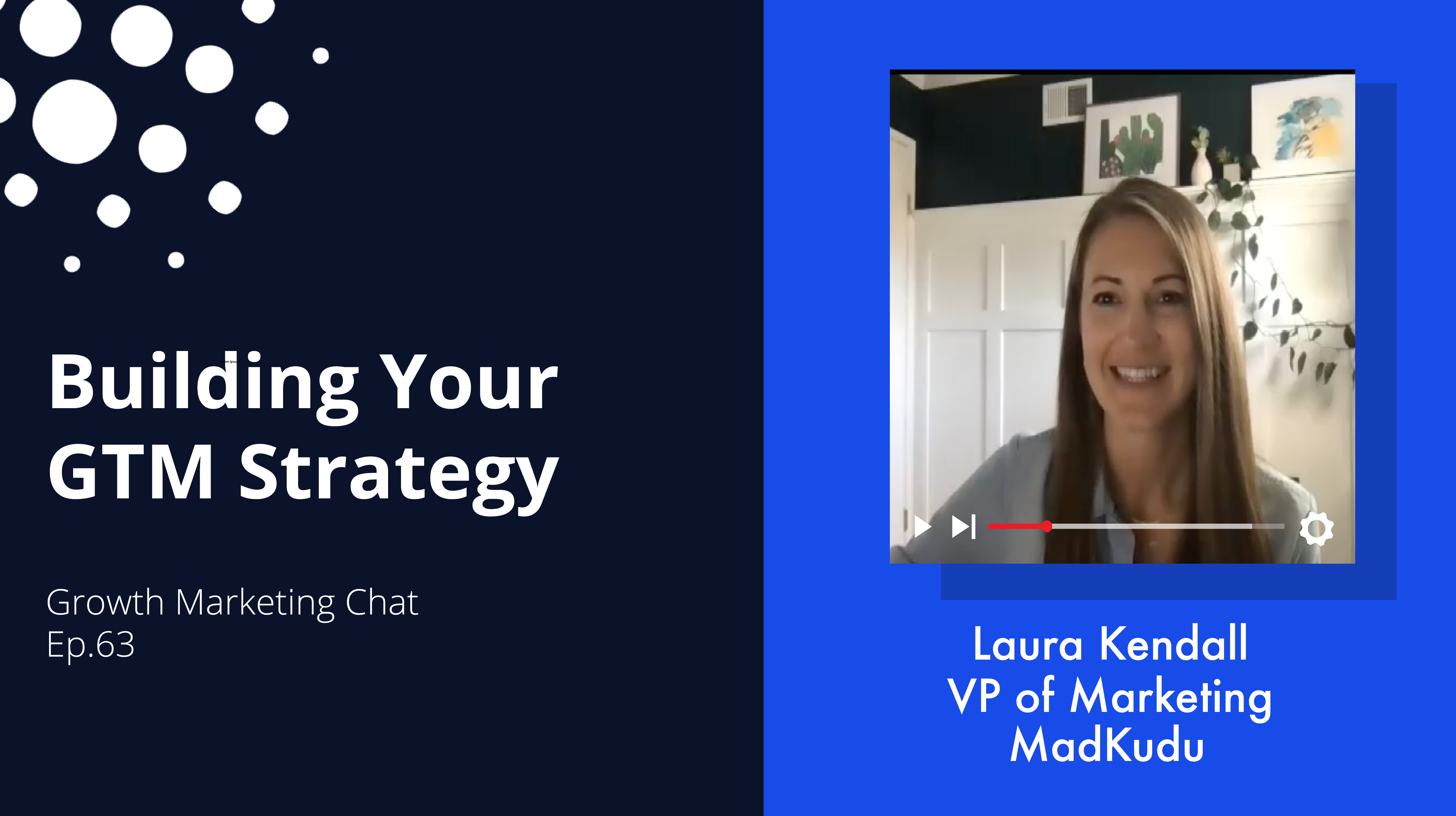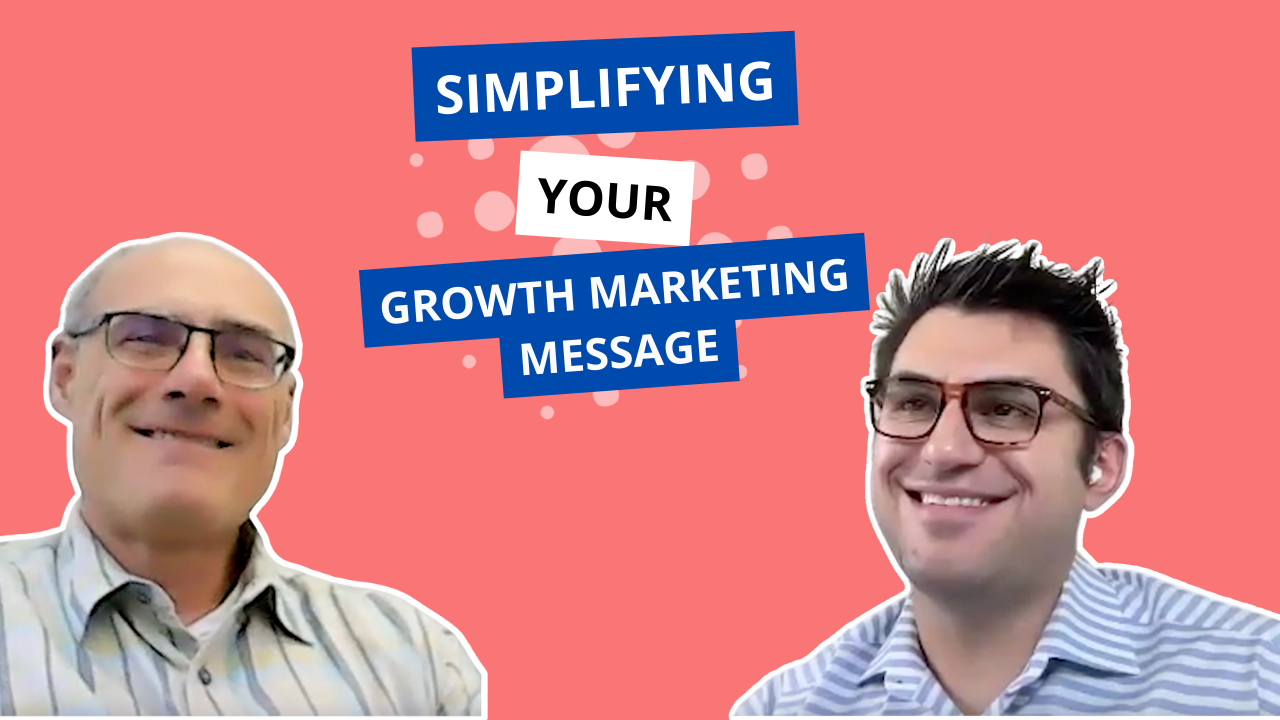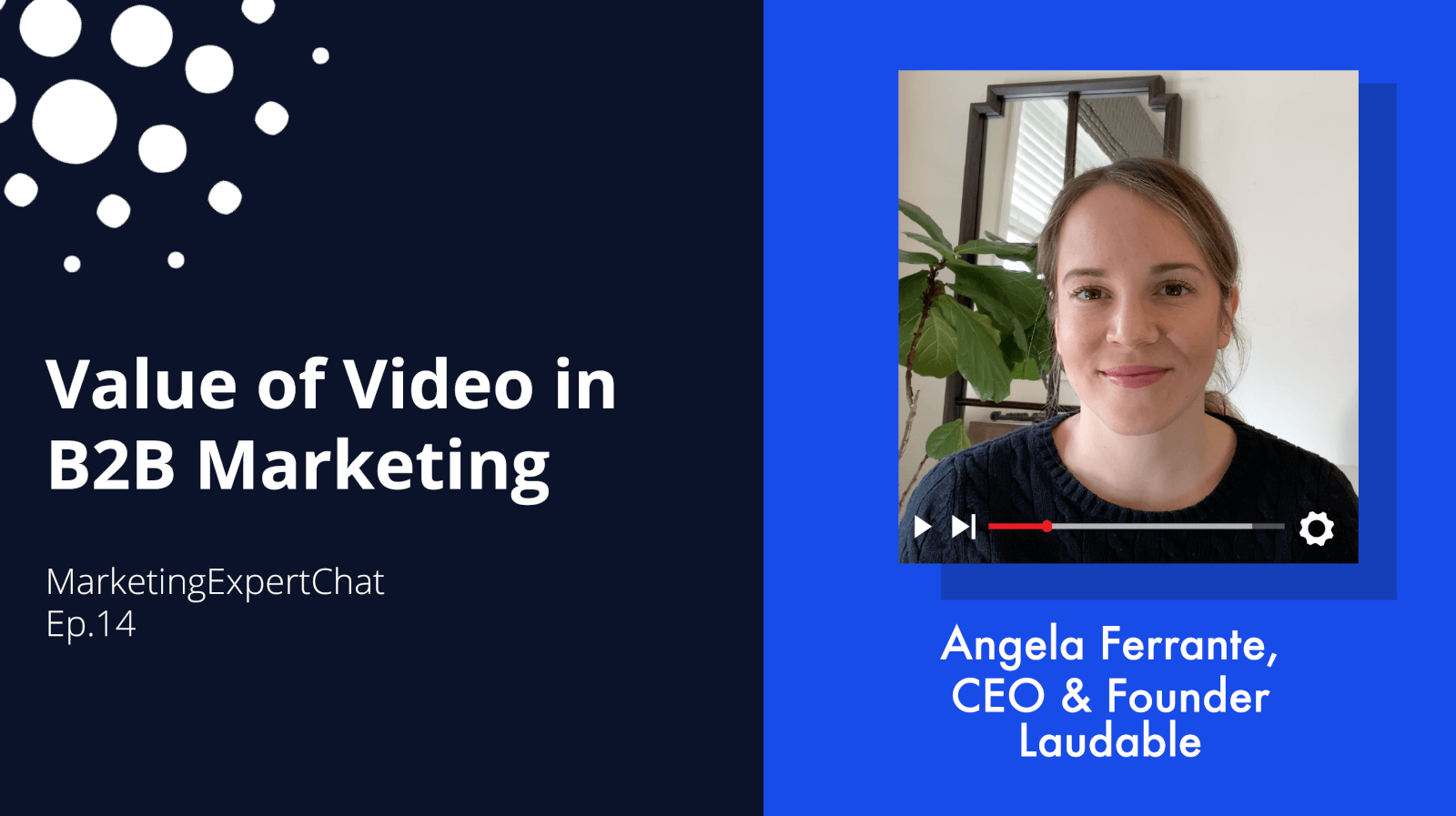Knowing what the competition is up to is crucial when positioning your business in the market. The good news is that competitive analysis isn’t just for big enterprises anymore.
With cost-effective emerging software, a company of any size can take what used to be a labor- and resource-intensive task and turn it into a quick, automated process that can give valuable insights into everything competitors are doing.
Competitive analysis data can inform you what types of campaigns are working for your competitors, and which ones might not be. With that information, you can determine what campaigns to run, which channels to use for your campaigns to reach your target audience, what keywords you need to focus on in content creation, and more.
Your growth marketing strategy will greatly benefit from the addition of the practical data gathered from competitive intelligence, and with the tech available that will do all the work for you, keeping track of the competition just got a whole lot easier.
“Now it's kind of like in a process of being democratized, right? The more we develop, the more we evolve this technology, the easier, and especially the less resource-intensive it is for companies to use it, right?”
How to Use Competitive Analysis to Your Advantage
In this week’s Growth Marketing Chat episode, Pere Codina, founder and CEO of Kompyte, pulls from his extensive background to demonstrate how competitive analysis can help you gather intelligence to build actionable insights.
Tune in to find out:
-
Why competitive analysis isn’t just for large enterprises anymore
-
How you can make the most of the analysis
-
Examples of what competitive analysis can help you accomplish
-
The benefits of embracing change as a start-up
By strengthening your growth marketing strategy with competitive analysis, you’ll stand out in the market and always be a step ahead of the competition.
Watch the full interview to find out how to keep your business on top!
Video Transcript:
CAROLINE: Hi, welcome to Growth Marketing Chat. Today, I'm here with Pere Codina. He's the founder and CEO of Kompyte. This is not his first company, he's a really successful entrepreneur, so I'm really, really excited to have you here with us today, Pere.
PERE: Hey, thank you, thank you, Caroline, for having me here.
CAROLINE: Yeah. Okay, so before we start, can you give us a brief overview of your background and your company?
PERE: Sure. So, you know, as you pointed before, I'm the CEO and co-founder of Kompyte, so we're a software company, you know, we help companies better enable to go to market things with market or competitive insights, right? So ultimately, what we're good at is, you know, making it for companies more easy to win deals in their competitive landscape, right?
The company was founded 2015 or so in Barcelona, and then was relocated to Austin, Texas, right. We had a period where we were in San Francisco, and then after that, you know, we finally built, everything here in Austin, Texas, right. Prior to that, I founded another company in Barcelona with one of my co-founders here at Kompyte, and we founded that company right during our time at the University. We both studied computer science back there in Barcelona. So this is kind of like our background.
CAROLINE: Nice. Awesome, well, thank you for the background. So, you know, because of your company, I'd love to talk to you about competitive analysis. Competitive analysis is a great tool for marketers, but unfortunately, most marketers never have access to it, right? Because unless you have enough scale, most companies can't access good competitive analysis. So yeah, I kind of want to hear your thoughts about why that is.
PERE: Yeah, I think this is changing and this is why we are here, right? So you are completely right. Traditionally competitive analysis or, you know, competitive intelligence is something that was more like,only enterprise, large companies could do that. Right, and there is a reason for it. There's a reason that's like, it's an activity that's resource intensive. It takes a lot of time to do research on a market. There are a lot of data points, a lot of places where you need to go. And there's a lot of manual work to do, and process all of this information, you know, filter noise from signal and really build something that really is, real actionable insights, or valuable what they call enablement assets for the team to use and to leverage.
And it takes a lot of time. It's really a full-time job. It used to be a really a full-time job for multiple people within the company. All of this was before, you know, before this new category of software emerged when we started, right? So we have this phenomenon, this has happened a lot of times before in the past, which is, you know, something that used to be only for a few, very large companies. Now it's kinda like in a process of being democratized, right? The more we develop, the more we evolve this technology, the easier, and especially the less resource intensive it is for companies to use it, right?
So we have companies that are hundred times smaller than the companies that used to do this traditionally. And the reason why this happened is because what our technology enables for is what used to be a 60, 100 hours of manual research, we bring it down to less than one hour per week, right? And you combine this with the fact that markets, they are more competitive than ever. There are more players and they are more active, meaning it's even harder than it was before. What happens is no one can continue doing it manually. Right, it's no longer something that makes sense. And it also arrives, a very interesting, let's say competitive dynamic, which is if you are competing in a space where all the other companies in this space are using technology. So they know everything you are doing and everything anyone else is doing, and they are quickly adjusting all their bids, their value proposition, their positioning, their messaging, and you are not doing it. Eventually, you're gonna stop being competitive, right?
The good news is it's no longer that complicated, right? So we develop artificial intelligence, and that's able, you know, it's like a very complex system of machine learning, but what it does is literally it process all of this information and all these updates, from multiple data sources and it breaks it down, and it fully automates, cleans up all the noise, curates all the insights, and it fully automates, you know, most of the reporting. So if you're in a competitive intelligence team using Kompyte today, for example, it's going to take you like, half an hour to an hour a week to track maybe like 20 or 30 companies. And with this, you can build battle cards, or, you know, executive reports, and keep them up to date every single week, right.
So there's no excuse not to use it. And it's not, it's completely, I would say, it's not that extremely expensive, right? It's pretty much affordable for any company right now.
CAROLINE: Awesome, so basically your prognostic is that more and more companies are going to do competitive intelligence right? In the next few years.
PERE: Yeah. Because we are on a mission to make these available for every company, right? And you know, we believe this is part of the evolution and part of the nature of technology. And it is doable now, right? I can do it, so why not?
CAROLINE: Yeah. Okay so, for all the people that have not experienced what competitive intelligence can do for you, can you give us an example of the results you can get from competitive intelligence when you fully leverage it?
PERE: Sure. You know, it's very easy, like, you know, what happens is like, once the company starts using software, like to automate their competitive intelligence function, you know what what's going to happen. It's going to immediately enable their teams to win way more easily in their market. It's going to be easier for them. So they're gonna have like, be able to build better sales battle cards, sales enablement materials, better product roadmaps, and you know, everything is gonna work better and it's gonna allow, the strategy team or the corporate strategy team actually detect more proactively, they will be able to capitalize in any market trend in a more faster way. So for example, we have a customer it's a mid-market company in the software space. And I will never forget what they said. It was like within the first three months using Kompyte. You know, we have a very short onboarding period right?
So it's a matter of weeks. So we onboarded them in weeks and then they started using it. They shared these battle cards with the sales reps, right. So that all of these guys would have access to this, real time, updated competitive intelligence, you know, summary or report on their competitors. And these guys will start using this in their page and their emails. And within three months they say like, you know, "we have seen an increase in our win rates that's equivalent to a quarter of a million dollars in three months." And it's a mid-market company. Right?
So this company is just making, within three months, was generating a million dollar a year, additional revenue. And it is because, what happened is, these guys had started to win more deals, right? So they are in a very competitive space. They have multiple players out there. Things are changing quickly it's technology space. And what happens is, you know, these guys are always pitching the best way possible and positioning the company the best way possible. And it has an impact in metrics, right.
If you and these guys had the ability to measure that and to kind of like A-B test it and trial one within the company, and it was like, wow. You know, for me, it was like, "Yeah, I mean, you're telling me it just made a million dollars, I'm happy, right?"
CAROLINE: Yeah, yeah, That's great. That's a great story. All right. So thank you for sharing all of your insights about competitive intelligence. I really appreciate it. My last question that I like to ask all of my guests is what is one of the most valuable lessons you've learned since you started Kompyte?
PERE: Sure. I mean, I think it's in It is a sentence in Latin that says, (speaks in foreign language) Which means like, "fortune favors the bold", right? And I think this is something, we always kind of execute on that, right. We have been like in many situations as a startup where we, you know, it's like, what are we going to do, right? And always think the same, what would you do if you had no fear, right? And when you're starting a company, but it's also applicable to anyone, right, so anyone that's willing to take calculated risks in order to do things better, that ends up paying off in the future.
And for us as a company, that was great. It's been always great having this mentality of like, you know, courage and embracing change and changing things really quickly. And it has definitely paid off. Definitely, yeah.
CAROLINE: Awesome. Well, thank you Pere so much for joining us today. This was great, I really enjoyed it. And I hope our listeners will enjoy it too.
PERE: Yeah, definitely. It's been great.





